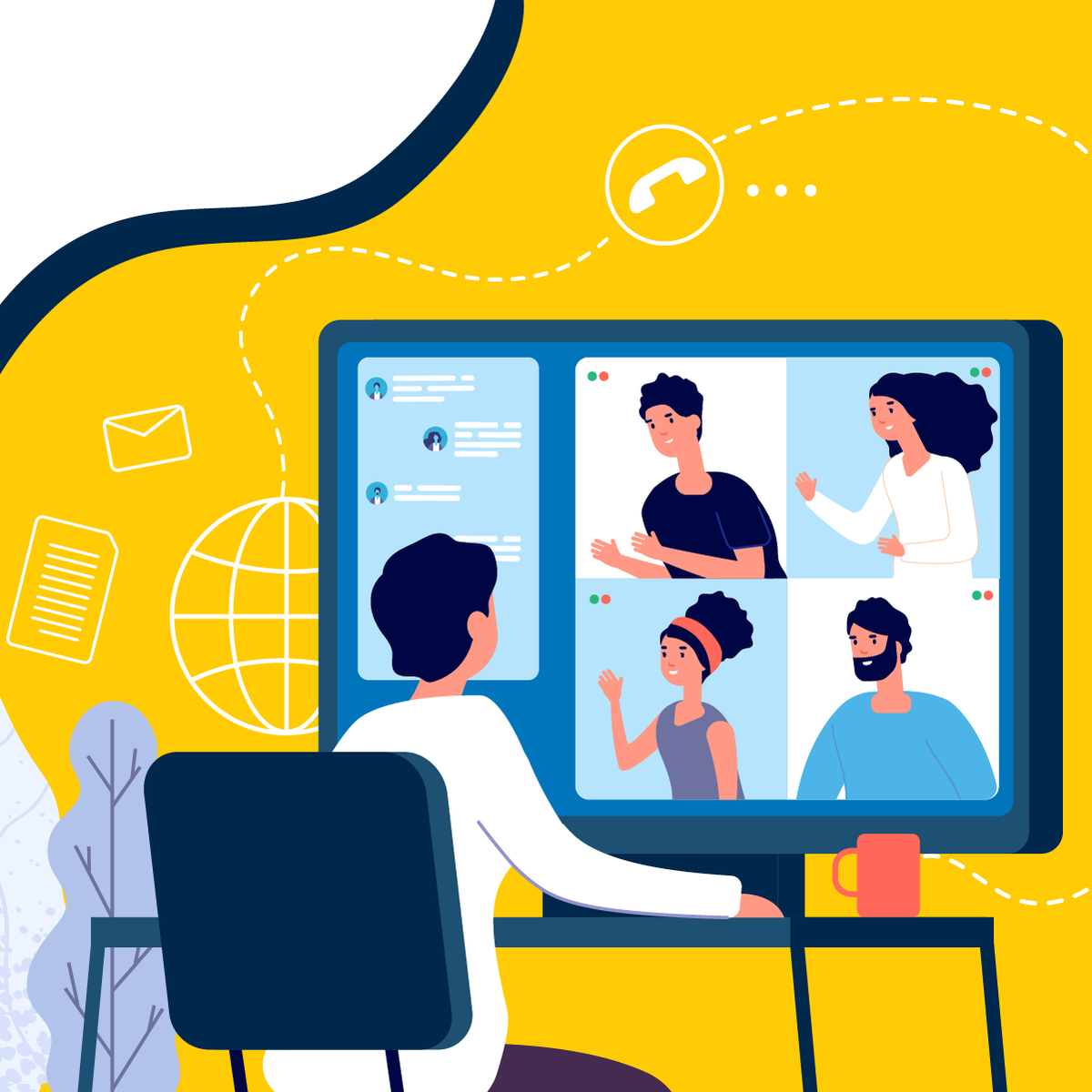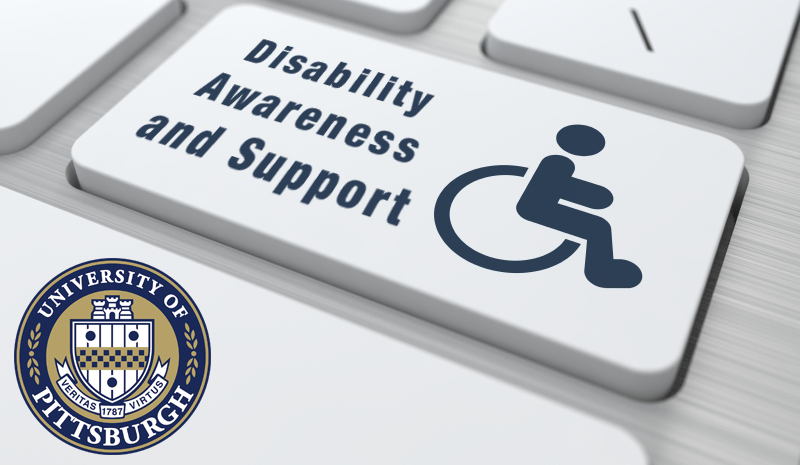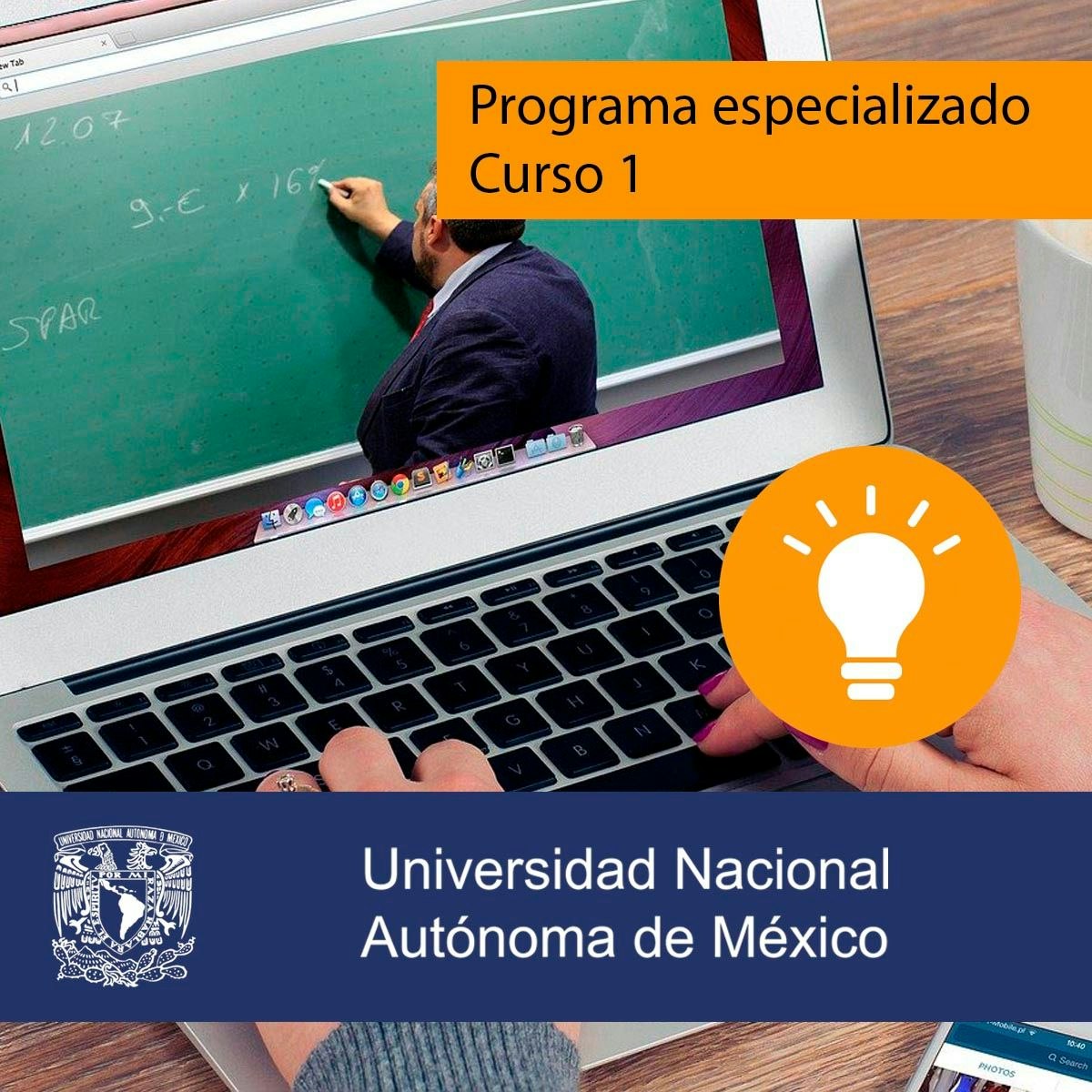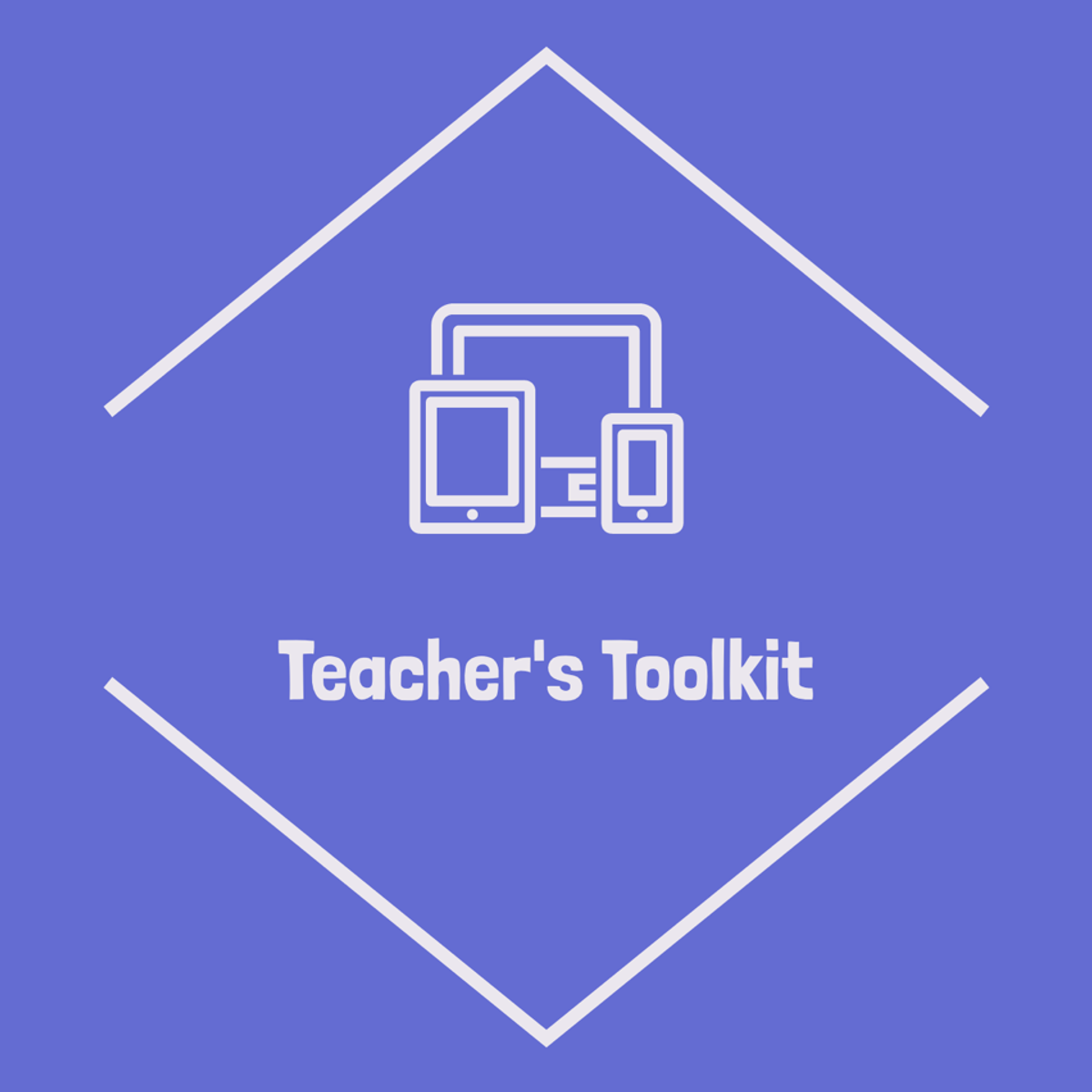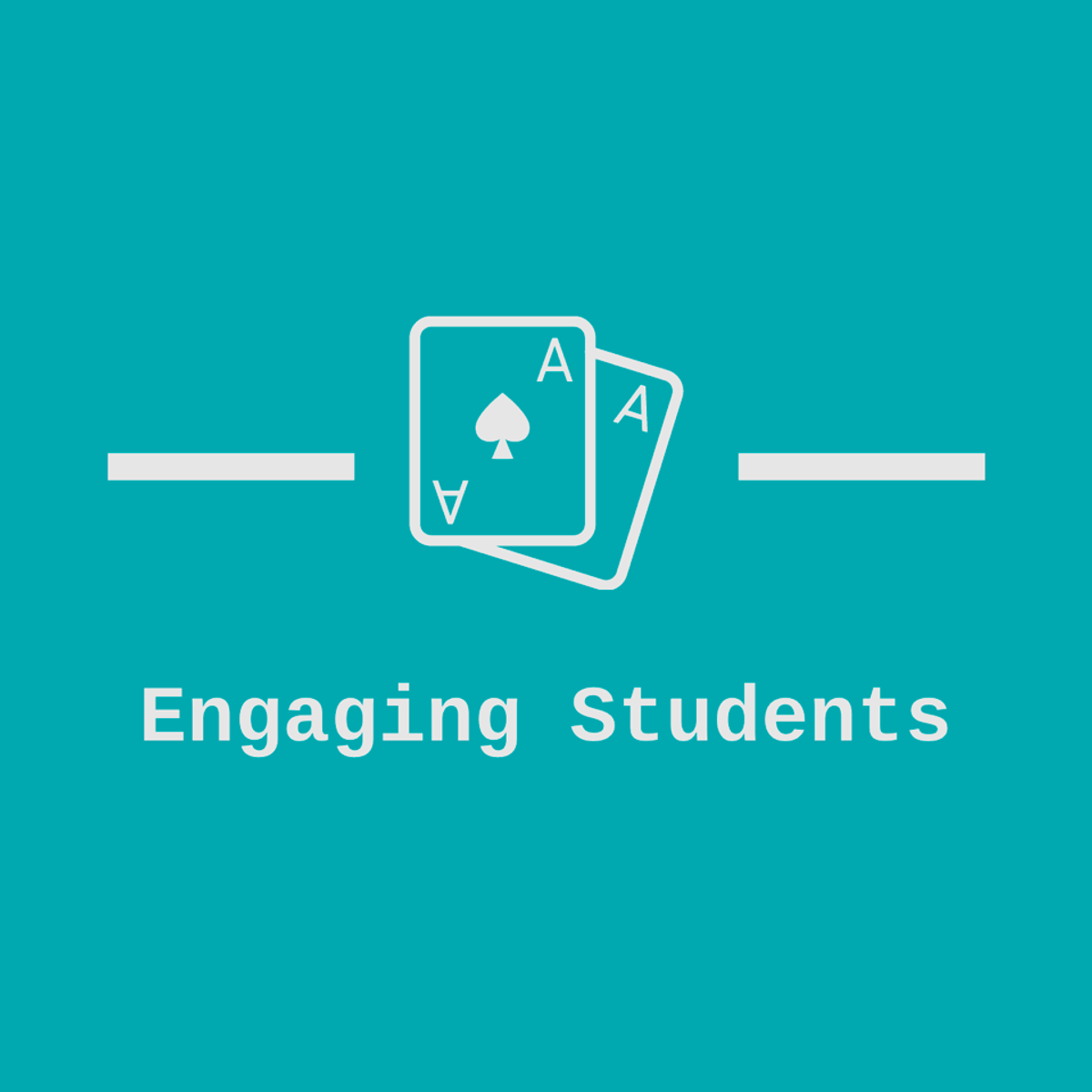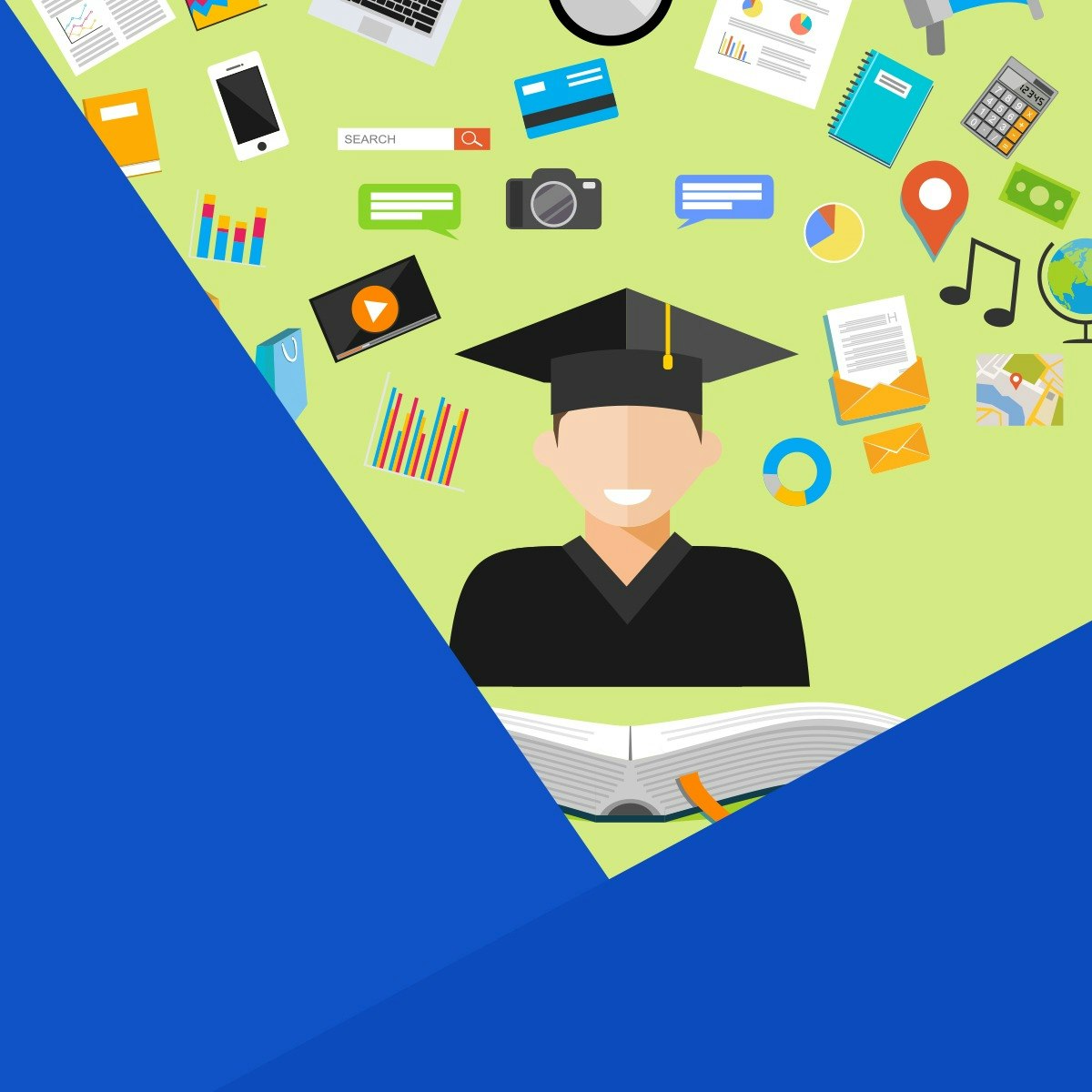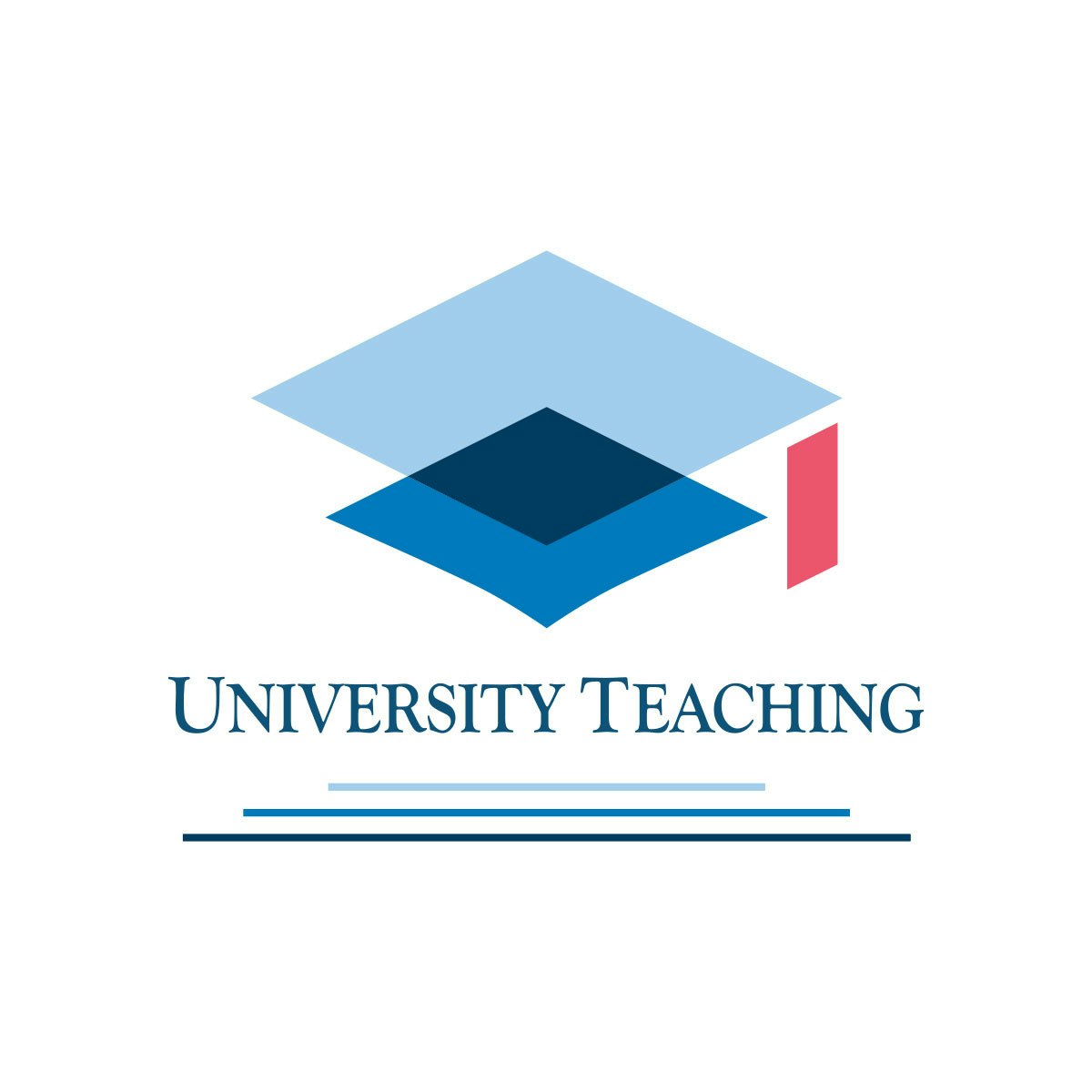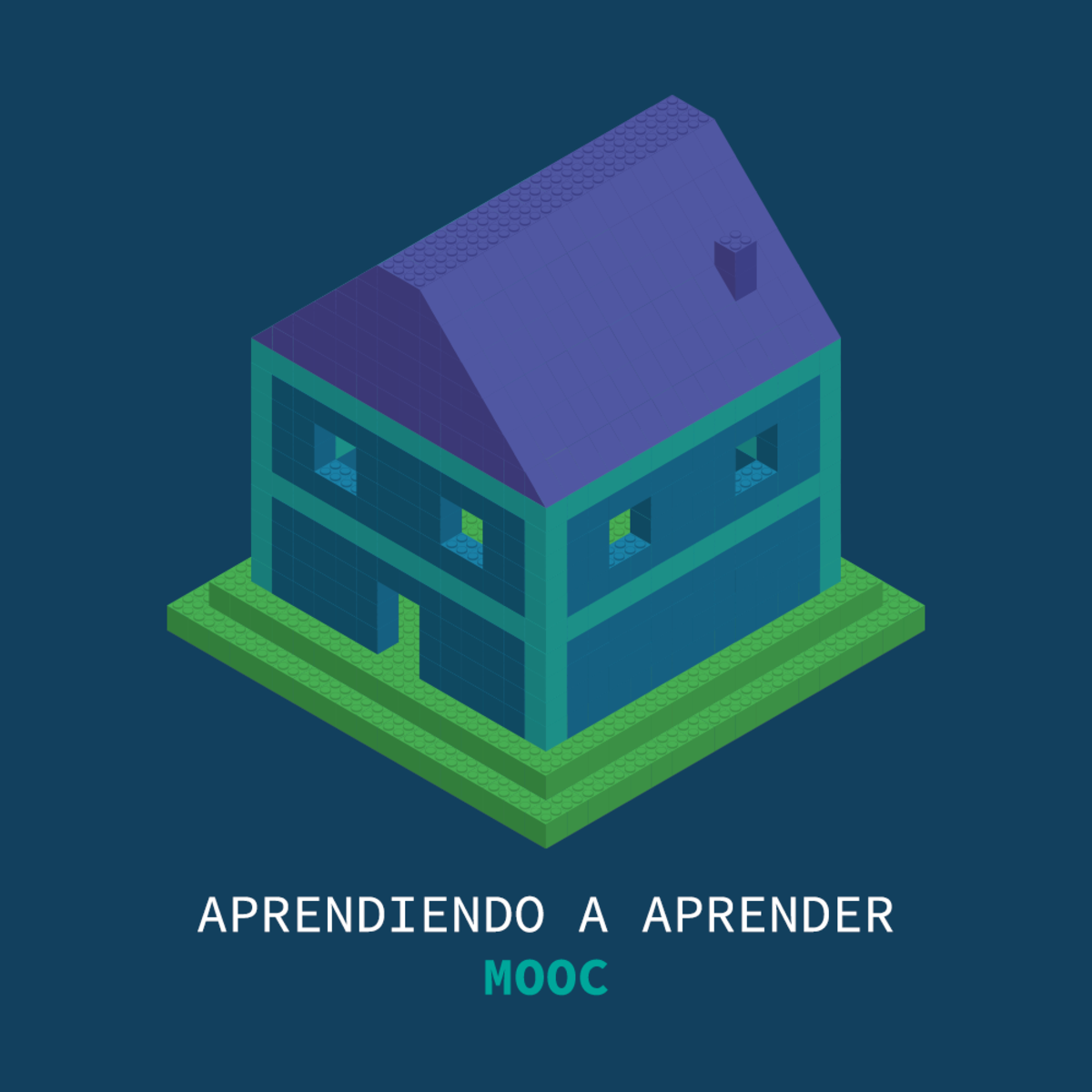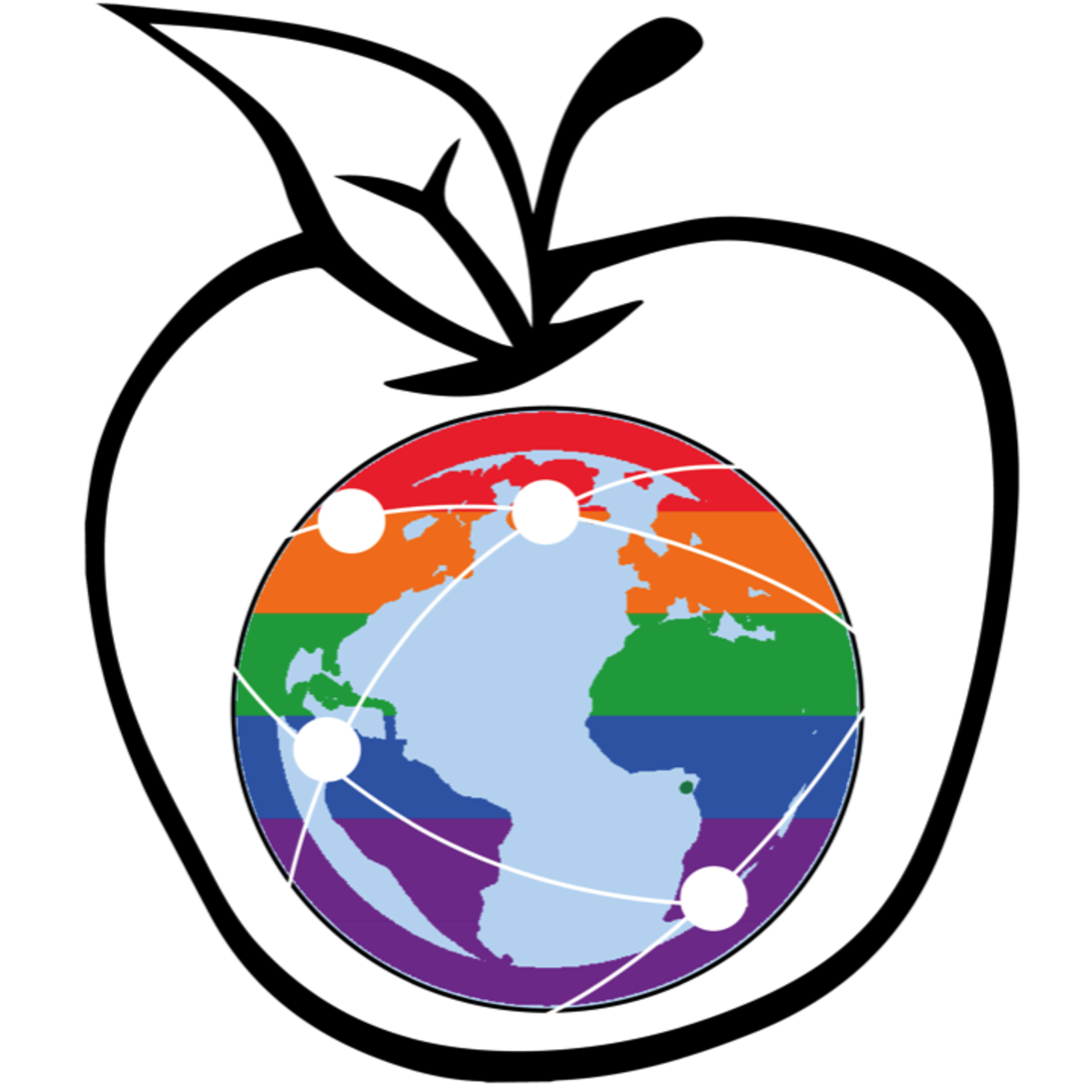Learning Specialist
Learning Specialist: A Comprehensive Career Guide
A Learning Specialist is a professional dedicated to understanding and improving how individuals learn. They apply principles from education, psychology, and cognitive science to design, develop, implement, and evaluate learning experiences and programs. Their work spans various settings, from K-12 schools and universities to corporate training departments and educational technology companies.
Working as a Learning Specialist can be deeply rewarding. You might find excitement in designing innovative educational solutions that truly resonate with learners. The opportunity to analyze learning data, identify areas for improvement, and see measurable progress in individuals or groups offers significant intellectual stimulation and satisfaction. Furthermore, collaborating with diverse teams to achieve educational goals makes the role dynamic and engaging.
Roles and Responsibilities of a Learning Specialist
The day-to-day work of a Learning Specialist is multifaceted, involving a blend of analytical, creative, and interpersonal tasks aimed at optimizing learning processes and outcomes.
Designing and Implementing Educational Programs
A core function of a Learning Specialist involves designing effective learning programs. This requires translating learning objectives into structured curricula, selecting appropriate instructional methods, and developing engaging materials. They consider various factors like audience needs, subject matter complexity, and available resources.
Implementation involves not just rolling out the program but also ensuring instructors or facilitators are adequately prepared. This might include creating facilitator guides, conducting train-the-trainer sessions, or providing ongoing support during program delivery. The goal is a seamless and effective learning experience.
Learning Specialists often leverage technology, incorporating e-learning modules, simulations, or learning management systems (LMS) into their program designs. They stay current with educational technologies to enhance engagement and accessibility. Finding the right blend of traditional and digital methods is key.
To support the design of adaptable learning experiences, consider exploring frameworks for resilience in teaching. Understanding how to create flexible programs is crucial in today's changing educational landscape.
Assessing Learning Needs
Before designing any program, a Learning Specialist must first understand the specific needs of the learners or the organization. This involves conducting needs assessments through surveys, interviews, focus groups, or analyzing performance data. Identifying knowledge gaps or skill deficiencies is the starting point.
This assessment phase is critical for ensuring that learning interventions are targeted and relevant. A thorough analysis helps define clear learning objectives and informs the design of the most appropriate solutions. It prevents wasted effort on programs that don't address the core issues.
Learning Specialists interpret assessment data to pinpoint specific challenges. For instance, they might identify difficulties with particular concepts, a lack of necessary prerequisite knowledge, or motivational barriers. This diagnostic approach guides the development of tailored support strategies.
Understanding the psychology of learning is fundamental to assessing needs effectively. Exploring how people learn provides insights into designing better assessments and interventions.
These books delve into methods for evaluating student understanding and tailoring instruction accordingly. They offer practical strategies for classroom assessment.
Collaborating with Educators, Trainers, or HR Teams
Learning Specialists rarely work in isolation. They frequently collaborate with subject matter experts (SMEs), teachers, corporate trainers, HR professionals, and instructional designers. This teamwork ensures that learning programs are accurate, relevant, and aligned with broader organizational or educational goals.
Effective communication is vital for successful collaboration. Specialists must clearly articulate learning principles, design rationales, and evaluation findings to stakeholders who may have different backgrounds and priorities. Building consensus and managing relationships are key aspects of the role.
In corporate settings, collaboration often involves aligning training programs with business objectives, performance management systems, and talent development strategies. Working closely with HR ensures that learning initiatives support overall organizational effectiveness.
Collaboration extends to understanding specific challenges, like supporting students with diverse needs. Courses focused on specific populations or communication strategies can be valuable.
Evaluating Program Effectiveness and Learner Outcomes
A crucial responsibility is measuring the impact of learning programs. Learning Specialists design evaluation strategies, often using models like the Kirkpatrick Model, to assess reaction, learning, behavior change, and results. This involves collecting and analyzing both qualitative and quantitative data.
Data analysis helps determine whether a program met its objectives and identify areas for improvement. Specialists use assessment results, performance metrics, and feedback to refine existing programs and inform the design of future initiatives. This iterative process drives continuous improvement.
Reporting findings to stakeholders is also important. Learning Specialists communicate the value and return on investment (ROI) of learning programs, demonstrating their contribution to individual growth or organizational success. Clear, data-driven reports support decision-making and resource allocation.
Effective evaluation relies on sound assessment principles. Understanding how to design and interpret assessments is critical for measuring learning accurately.
This book provides insights into using national assessment data to improve educational outcomes.
Key Skills and Competencies
Success as a Learning Specialist hinges on a unique blend of pedagogical knowledge, technical proficiency, analytical ability, and interpersonal skills.
Instructional Design Expertise
Learning Specialists need a strong foundation in instructional design theories, models (like ADDIE, SAM), and best practices. This involves understanding how to structure content logically, create engaging activities, and select appropriate media for different learning contexts.
They must be adept at writing clear learning objectives and aligning assessments and activities to those objectives. This ensures that learning experiences are purposeful and effectively target desired outcomes. Knowledge of adult learning principles (andragogy) is often essential, especially in corporate settings.
Familiarity with various authoring tools (e.g., Articulate 360, Adobe Captivate) and learning management systems (LMS) is increasingly important. While not always required to be expert developers, understanding the capabilities of these tools informs design decisions.
Building a strong foundation in teaching and curriculum design is essential for developing effective instructional strategies.
Data Analysis for Learning Assessment
Learning Specialists use data to inform their work at every stage, from needs assessment to program evaluation. They need skills in collecting, analyzing, and interpreting various forms of learning data, including assessment scores, survey results, usage statistics, and performance metrics.
Basic statistical knowledge and proficiency with data analysis tools, potentially including spreadsheet software like Excel or more specialized analytics platforms, are valuable. The ability to visualize data and extract meaningful insights is key.
This analytical mindset allows Specialists to identify trends, measure the effectiveness of interventions, demonstrate ROI, and make evidence-based recommendations for improvement. Data drives the continuous improvement cycle in learning design.
These resources explore assessment techniques and leveraging technology for gathering student data.
This book offers practical ideas for incorporating technology into teaching, which often involves data collection and analysis.
Communication and Interpersonal Skills
Strong communication skills—written, verbal, and visual—are essential. Learning Specialists must effectively convey complex ideas to diverse audiences, including learners, instructors, SMEs, and senior leaders. They write clear reports, deliver engaging presentations, and facilitate productive discussions.
Interpersonal skills are critical for collaboration, building rapport with stakeholders, and managing projects. Empathy, active listening, and the ability to provide constructive feedback are necessary for working effectively with learners and colleagues.
Presenting findings and recommendations persuasively is often required. Learning Specialists need to advocate for effective learning solutions and build support for their initiatives within the organization or institution.
Understanding how to communicate effectively in various classroom or learning scenarios is crucial for this role.
Adaptability to Diverse Learning Styles and Needs
Learners come with varied backgrounds, preferences, and abilities. Learning Specialists must design inclusive experiences that cater to this diversity. This involves understanding different learning theories and preferences (e.g., visual, auditory, kinesthetic) and applying principles of Universal Design for Learning (UDL).
Adaptability also means being flexible in approach and methodology. What works for one group or topic might not work for another. Specialists must be willing to experiment, iterate, and adjust their strategies based on feedback and results.
Creating accessible content for individuals with disabilities is a critical aspect of inclusive design. This requires awareness of accessibility standards (like WCAG) and assistive technologies.
Developing sensitivity and specific strategies for diverse learners, including those with conditions like dyslexia or visual processing needs, is increasingly important.
Formal Education Pathways
While paths into the Learning Specialist role can vary, certain educational backgrounds provide a strong foundation.
Relevant Undergraduate Majors
Common undergraduate degrees for aspiring Learning Specialists include Education, Psychology, Cognitive Science, Communications, or even specific subject matter fields combined with an interest in pedagogy. These majors provide foundational knowledge about learning processes, human behavior, and communication.
A degree in Education often covers curriculum development, teaching methods, and educational psychology. Psychology programs delve into cognitive processes, motivation, and human development, which are directly applicable to understanding learners.
Regardless of the specific major, coursework focusing on research methods, statistics, writing, and critical thinking builds essential skills for the role. Practical experiences like tutoring, mentoring, or assisting in educational research can significantly strengthen a candidate's profile.
Foundational courses exploring university-level learning can provide valuable context for those pursuing higher education pathways.
Graduate Programs and Certifications
Many Learning Specialists hold advanced degrees. Master's or doctoral degrees in fields like Instructional Design, Educational Technology, Learning Sciences, Educational Psychology, or Curriculum and Instruction are highly relevant and often preferred or required, especially for leadership roles.
Graduate programs offer specialized knowledge, advanced research skills, and opportunities for practical application through internships or capstone projects. They delve deeper into learning theories, design methodologies, evaluation techniques, and emerging technologies.
Professional certifications can also enhance credentials. Organizations like the Association for Talent Development (ATD) offer certifications (e.g., CPTD) relevant to corporate learning. Other certifications might focus on specific technologies or instructional design methodologies.
Exploring the requirements and curriculum of graduate programs in Education or related fields on platforms like OpenCourser can help prospective students identify suitable options.
Research Opportunities in Learning Sciences
For those interested in pushing the boundaries of the field, pursuing research in learning sciences is an option. This often involves doctoral studies (Ph.D. or Ed.D.) focusing on areas like cognitive processes in learning, the impact of technology, learning analytics, or effective pedagogical strategies.
Research roles may be found in universities, research institutions, or large organizations with dedicated research and development teams focused on learning. These roles contribute new knowledge and evidence-based practices to the field.
Engaging with research requires strong analytical skills, a deep understanding of theory, and the ability to design and conduct rigorous studies. Contributions often involve publishing findings in academic journals and presenting at conferences.
Accreditation Standards and Requirements
While there isn't one single, universally mandated accreditation body for all Learning Specialist roles (as the title is used across diverse sectors), program accreditation can be a factor, particularly for those working in formal education settings.
University programs in education or psychology are typically accredited by regional or national bodies (e.g., CAEP for teacher education in the US). This ensures programs meet specific quality standards.
In corporate settings, specific certifications might be valued more than academic program accreditation. Requirements vary significantly by employer and industry. Understanding the specific expectations within a target sector is important.
Online Learning and Skill Development
The accessibility of online resources has created flexible pathways for acquiring the skills needed to become a Learning Specialist, whether you're starting fresh, changing careers, or supplementing formal education.
Feasibility of Online Training for Core Competencies
Many core competencies required for a Learning Specialist role can be effectively developed through online courses. Topics like instructional design principles, learning theories, assessment strategies, and familiarity with educational technologies are widely available online.
Online platforms offer courses ranging from introductory overviews to deep dives into specialized areas. Learners can often choose formats that fit their schedule and budget, including self-paced courses, project-based learning, and certificate programs from reputable universities and industry leaders.
Platforms like OpenCourser aggregate offerings from various providers, making it easier to find and compare relevant courses. Look for programs that include practical assignments, case studies, and opportunities to build portfolio pieces.
These courses focus on the science and strategies behind effective learning, which are foundational for any Learning Specialist.
These books provide evidence-based strategies for improving learning and retention, essential knowledge for designing effective instruction.
Balancing Self-Study with Practical Experience
While online courses provide valuable knowledge, practical application is crucial. Aspiring Learning Specialists should actively seek opportunities to apply what they learn, even if through volunteer work, small freelance projects, or internal initiatives within their current job.
Simply completing courses is often not enough. Reflecting on the learning process, experimenting with different techniques, and seeking feedback on practical work helps solidify skills. Building connections with other learning professionals online or locally can also provide support and insights.
For career changers, look for ways to integrate learning design principles into your current role. Could you improve onboarding for new team members? Design a short workshop? Document a process more effectively? These small projects build experience and demonstrate initiative.
Developing strong learning habits and mindsets is key to success in self-directed study and continuous professional development.
Portfolio-Building Through Independent Projects
A strong portfolio showcasing practical skills is often more valuable than certificates alone, especially for roles in instructional design or educational technology. Online courses that include project components are excellent for generating portfolio pieces.
Independent projects could involve designing a short e-learning module on a topic you know well, creating an instructional video, developing a job aid, or writing a detailed needs assessment and training proposal for a hypothetical scenario. Document your process and rationale clearly.
Focus on quality over quantity. A few well-designed, polished projects demonstrating a range of skills (e.g., analysis, design, development, evaluation) are more impactful than many superficial ones. Tailor your portfolio to the types of roles you are targeting.
Tools learned in project-based courses can directly contribute to portfolio development.
Supplementing Formal Education with Digital Resources
Even for those pursuing traditional degrees, online resources offer powerful ways to supplement learning. You can explore niche topics not covered in your curriculum, gain proficiency in specific software tools, or learn about the latest industry trends.
Online courses can help bridge gaps between academic theory and practical application. They often provide exposure to real-world tools and techniques used in corporate or EdTech settings, which might differ from purely academic approaches.
Using OpenCourser's Learner's Guide can help you strategize how to integrate online learning effectively, whether you're a student, professional, or lifelong learner. Features like saving courses to a list help organize your learning journey.
Capstone courses can provide an opportunity to synthesize learning from multiple areas and create a significant portfolio piece.
Career Progression and Opportunities
A career as a Learning Specialist offers diverse pathways for growth and specialization across various sectors.
Entry-Level Roles
Entry-level positions might have titles like Training Coordinator, Instructional Assistant, Learning Support Specialist, or Junior Instructional Designer. These roles often involve supporting senior specialists, coordinating logistics for training programs, assisting with content development, or providing direct support to learners.
These initial roles provide valuable exposure to the field's practical aspects and allow individuals to build foundational skills under supervision. Gaining experience in specific industries (e.g., healthcare, tech, finance) can be beneficial for future specialization.
According to the U.S. Bureau of Labor Statistics, employment for related roles like Training and Development Specialists is projected to grow, although specific data for "Learning Specialist" varies as it's used broadly. Check BLS data for related occupational outlooks.
Roles like Tutor can serve as a stepping stone, providing direct experience in facilitating learning.
Mid-Career Advancement and Leadership
With experience, Learning Specialists can advance to roles with greater responsibility and autonomy. This might involve leading complex instructional design projects, managing learning programs, supervising junior staff, or specializing in areas like learning analytics, e-learning development, or organizational development.
Leadership positions could include titles like Learning and Development Manager, Director of Training, Senior Learning Strategist, or Lead Instructional Designer. These roles often involve setting strategic direction for learning initiatives, managing budgets, and evaluating the overall impact of learning on organizational goals.
Advanced degrees (Master's or Doctorate) and professional certifications often become more important for securing senior leadership positions. Demonstrated success in designing and implementing impactful learning solutions is key.
Progression might also involve moving into higher education administration roles.
Transitioning to Related Fields
The skills developed as a Learning Specialist are transferable to various related fields. Experienced professionals might transition into roles focused purely on instructional design, curriculum development, educational technology management, user experience (UX) design (especially for educational products), or human resources management (specifically talent development).
Consulting is another potential path, either with established firms or as an independent consultant. Consultants advise organizations on learning strategies, design custom programs, or implement learning technologies.
Understanding the nuances of different roles, such as the distinction between a Learning Specialist and a K-12 Teacher, is important when considering transitions.
Entrepreneurial Opportunities in EdTech
The growing Educational Technology (EdTech) sector offers entrepreneurial opportunities. Learning Specialists with innovative ideas might develop new learning platforms, create specialized digital content, or found consulting firms focused on specific niches (e.g., adaptive learning, virtual reality training).
Success in entrepreneurship requires not only expertise in learning but also business acumen, including marketing, sales, and financial management skills. Understanding market needs and technological trends is crucial.
The EdTech landscape is dynamic, with constant innovation. Staying informed about emerging technologies and pedagogical approaches is essential for identifying and pursuing viable entrepreneurial ventures.
Ethical Considerations in Learning Design
Learning Specialists hold a position of influence and responsibility, making ethical considerations paramount in their practice.
Addressing Accessibility and Inclusivity
Ethical practice demands designing learning experiences that are accessible and inclusive for all learners, regardless of ability, background, or learning style. This involves adhering to accessibility standards (e.g., WCAG for digital content) and applying principles of Universal Design for Learning (UDL).
Inclusivity goes beyond technical accessibility. It means ensuring content is culturally responsive, avoids stereotypes, and represents diverse perspectives fairly. Specialists must actively work to create learning environments where everyone feels respected and able to participate fully.
This requires ongoing awareness and effort to understand the needs of diverse populations and challenge personal biases that might inadvertently influence design choices.
Understanding disability and support mechanisms is a key part of creating accessible learning environments.
Data Privacy in Learner Analytics
Learning analytics provides powerful insights but also raises ethical concerns about data privacy. Specialists must ensure that learner data is collected, stored, and used responsibly and transparently, complying with relevant regulations (like GDPR or FERPA).
Learners should be informed about what data is being collected and how it will be used. Data should primarily serve the purpose of improving learning experiences and outcomes, not for undue surveillance or discriminatory practices.
Maintaining data security and anonymizing data where appropriate are crucial technical aspects. Ethical considerations also involve balancing the benefits of personalized learning driven by data with the potential risks to individual privacy.
Mitigating Bias in Educational Content and Algorithms
Learning materials and technologies can unintentionally perpetuate biases present in society or in the data used to train algorithms (in the case of AI-powered learning tools). Learning Specialists have an ethical obligation to critically review content and technologies for potential bias.
This involves examining materials for stereotypes, lack of diverse representation, or perspectives that might marginalize certain groups. When using adaptive learning systems or AI tools, it's important to understand how algorithms work and monitor them for biased outcomes.
Actively seeking out diverse resources, involving diverse stakeholders in the design process, and conducting bias reviews are important strategies for mitigation.
Balancing Organizational Goals with Learner Needs
In corporate or institutional settings, Learning Specialists often face the challenge of balancing the learning needs and goals of individuals with the strategic objectives of the organization.
Ethical practice involves advocating for the learner's best interests while also ensuring that learning initiatives align with and support organizational goals. This requires transparency, clear communication, and sometimes navigating conflicting priorities.
Ultimately, the most effective learning programs are often those that successfully align individual development with organizational success, creating a win-win situation. However, the specialist must prioritize ethical treatment and meaningful learning for individuals.
Industry Trends Affecting Learning Specialists
The field of learning and development is constantly evolving, influenced by technological advancements, changing workforce needs, and new pedagogical insights.
Impact of AI and Adaptive Learning Technologies
Artificial intelligence (AI) is increasingly impacting education and training. Adaptive learning platforms use AI to personalize learning paths based on individual performance, while AI tools can assist with content creation, assessment grading, and providing feedback.
Learning Specialists need to understand the capabilities and limitations of these technologies. They may be involved in selecting, implementing, or designing content for AI-powered systems. Ethical considerations regarding bias in algorithms and data privacy are paramount.
The role may shift towards designing learning experiences that leverage AI effectively, curating AI-generated content, and focusing on higher-order skills that AI cannot easily replicate, such as critical thinking, collaboration, and creativity.
Shift Toward Micro-credentials and Lifelong Learning
There is a growing emphasis on continuous skill development and lifelong learning, driven by rapid changes in the job market. This trend fuels demand for shorter, focused learning modules and micro-credentials (like digital badges) that validate specific skills.
Learning Specialists are involved in designing these modular learning experiences and structuring pathways for ongoing professional development. They need to create content that is easily digestible, accessible on demand, and relevant to current skill needs.
This shift requires a focus on competency-based learning and assessment, ensuring that micro-credentials accurately reflect acquired skills and knowledge. Many organizations see this as key to upskilling and reskilling their workforce, as highlighted in reports by institutions like the World Economic Forum on future skills.
Books focusing on efficient and deep learning cater to the needs of lifelong learners.
Remote and Hybrid Learning Environments
The widespread adoption of remote and hybrid work and education models necessitates expertise in designing effective online and blended learning experiences. This goes beyond simply putting materials online; it requires strategies for engagement, collaboration, and community building in virtual settings.
Learning Specialists need skills in selecting appropriate technologies for remote delivery, training facilitators for online environments, and designing activities that work well asynchronously and synchronously. Ensuring equity and access for all learners in remote settings is also critical.
The ability to design resilient and flexible learning programs that can adapt to changing circumstances, whether online, in-person, or hybrid, is becoming increasingly valuable.
Global Demand for Cross-Cultural Training Programs
As organizations become more globalized and workforces more diverse, there is increasing demand for training programs that address cross-cultural communication, collaboration, and understanding.
Learning Specialists may be tasked with designing or adapting programs that are sensitive to cultural nuances and effective for diverse international audiences. This requires cultural competence and an understanding of how cultural factors can influence learning preferences and communication styles.
Developing content that is globally relevant, avoiding cultural biases, and potentially incorporating localization or translation requires specialized skills and careful consideration.
Frequently Asked Questions (FAQs)
What are typical salary ranges for Learning Specialists?
Salary ranges for Learning Specialists vary widely based on factors like location, industry (corporate, education, non-profit), years of experience, level of education, and specific responsibilities. Entry-level positions might start lower, while senior roles or those requiring specialized expertise (e.g., learning analytics, EdTech leadership) command higher salaries.
Market research using resources like Salary.com, Glassdoor, or Payscale, filtered by location and job title variations (e.g., Instructional Designer, Training Specialist), can provide more specific estimates. Consulting reports from firms like Robert Half sometimes include salary data for related roles.
Are specific certifications essential for career advancement?
While not always mandatory, relevant certifications can enhance credibility and competitiveness, particularly in corporate settings. Certifications like the Certified Professional in Talent Development (CPTD) from ATD or specialized certificates in instructional design or e-learning software are often valued.
The importance of certifications varies by employer and role. In academia, advanced degrees often carry more weight. Evaluate the specific requirements and preferences within your target industry or organizations.
What is the industry demand and job security like?
Demand for professionals skilled in learning design, training, and educational technology is generally considered stable to growing. The increasing focus on employee upskilling/reskilling, the shift to online/hybrid learning, and the growth of the EdTech sector contribute to this demand.
Job security can depend on the sector. Educational institutions may face budget fluctuations, while corporate training needs often align with business cycles. However, the fundamental need for effective learning and development persists across industries, providing a degree of resilience.
How does a Learning Specialist compare to an Instructional Designer?
The terms are often used interchangeably, and roles frequently overlap. Generally, Instructional Designers may focus more specifically on the systematic design, development, and evaluation of instructional materials and experiences, often leveraging specific models and technologies.
Learning Specialists can have a broader scope, potentially including needs assessment, program management, direct facilitation or teaching, learning analytics, and strategic consultation on learning initiatives. However, many professionals perform duties spanning both descriptions. The specific title and responsibilities depend heavily on the organization.
What are the work-life balance challenges?
Work-life balance can vary. Project deadlines, program launch dates, or the academic calendar can create periods of intense work. Roles involving direct teaching or training may require adapting to learner schedules.
Factors like organizational culture, workload management, and role expectations significantly influence balance. Positions offering remote work or flexible schedules can contribute positively. Like many professional roles, setting boundaries and effective time management are important.
How might automation impact the field?
Automation and AI are likely to change, rather than eliminate, the role of the Learning Specialist. AI can automate routine tasks like basic content generation or grading simple assessments, freeing up specialists to focus on more complex, human-centered aspects of learning.
Future roles may emphasize strategic design, facilitating complex problem-solving, fostering collaboration, addressing ethical considerations, and integrating technology thoughtfully. Adaptability and a focus on uniquely human skills will be key.
Embarking on a career as a Learning Specialist offers a path filled with intellectual challenges and the profound satisfaction of helping others learn and grow. It requires a unique combination of analytical rigor, creative design, technological savvy, and human empathy. While the journey demands continuous learning and adaptation, the opportunity to shape effective and engaging learning experiences makes it a compelling and impactful profession for those passionate about the science and art of education.

